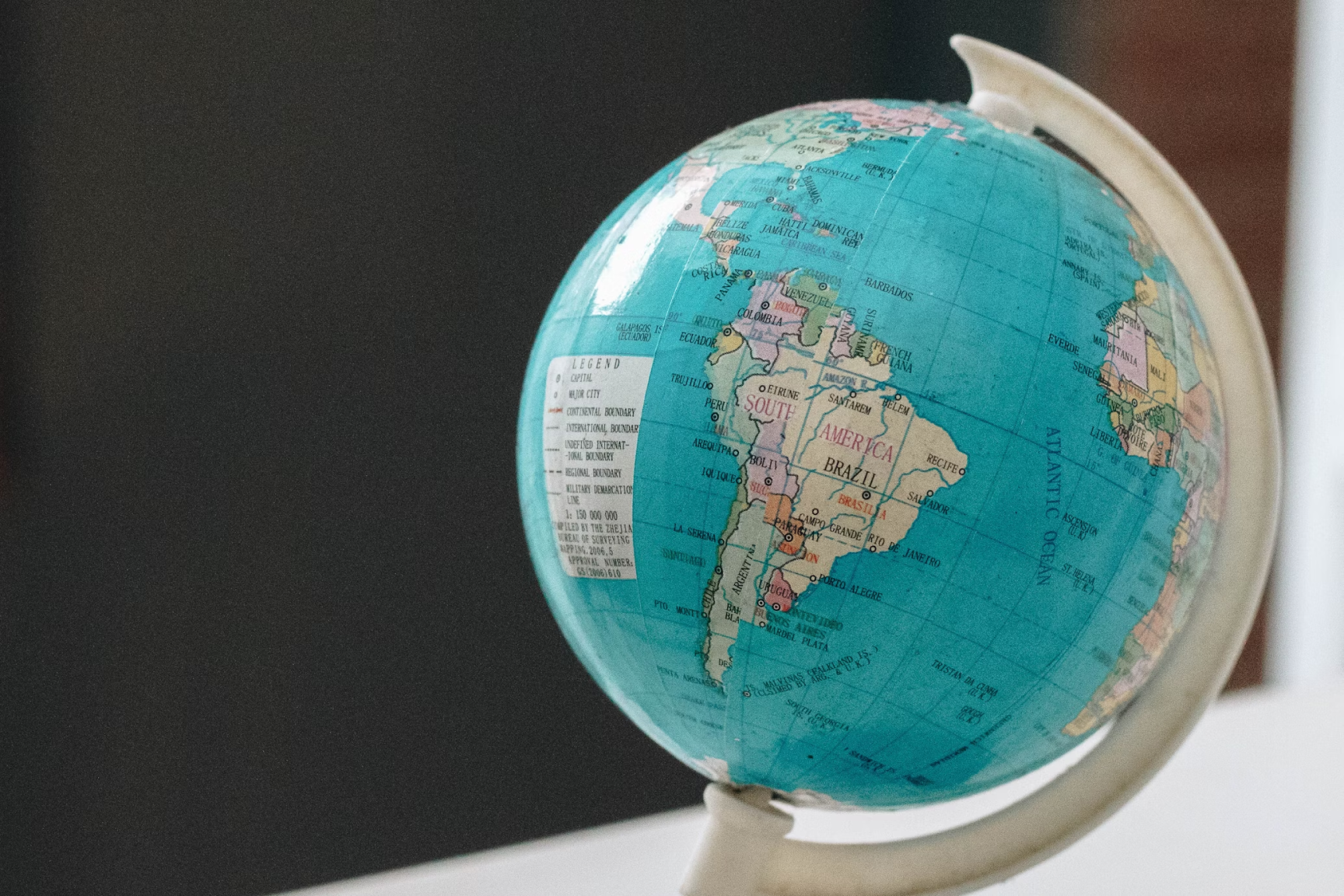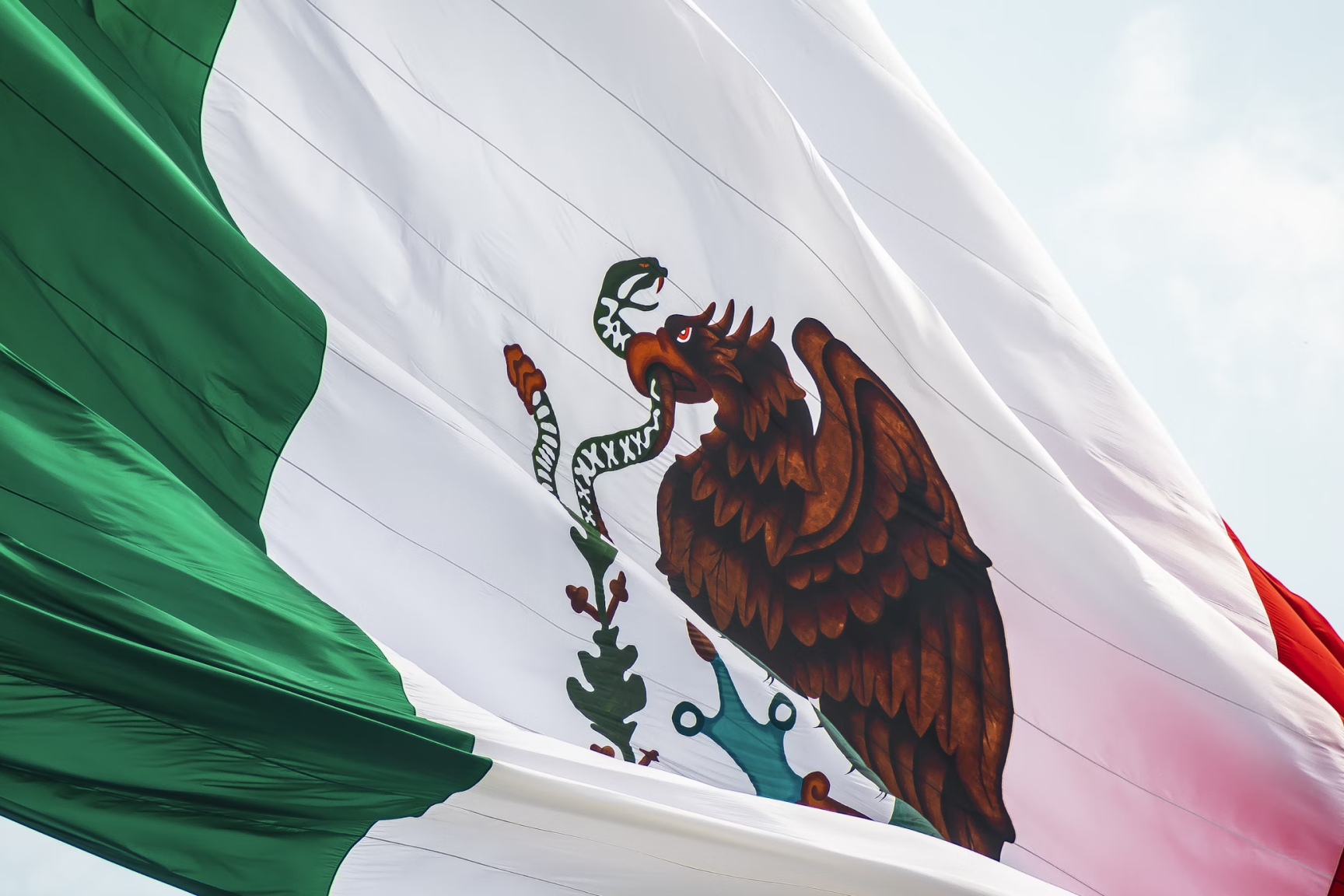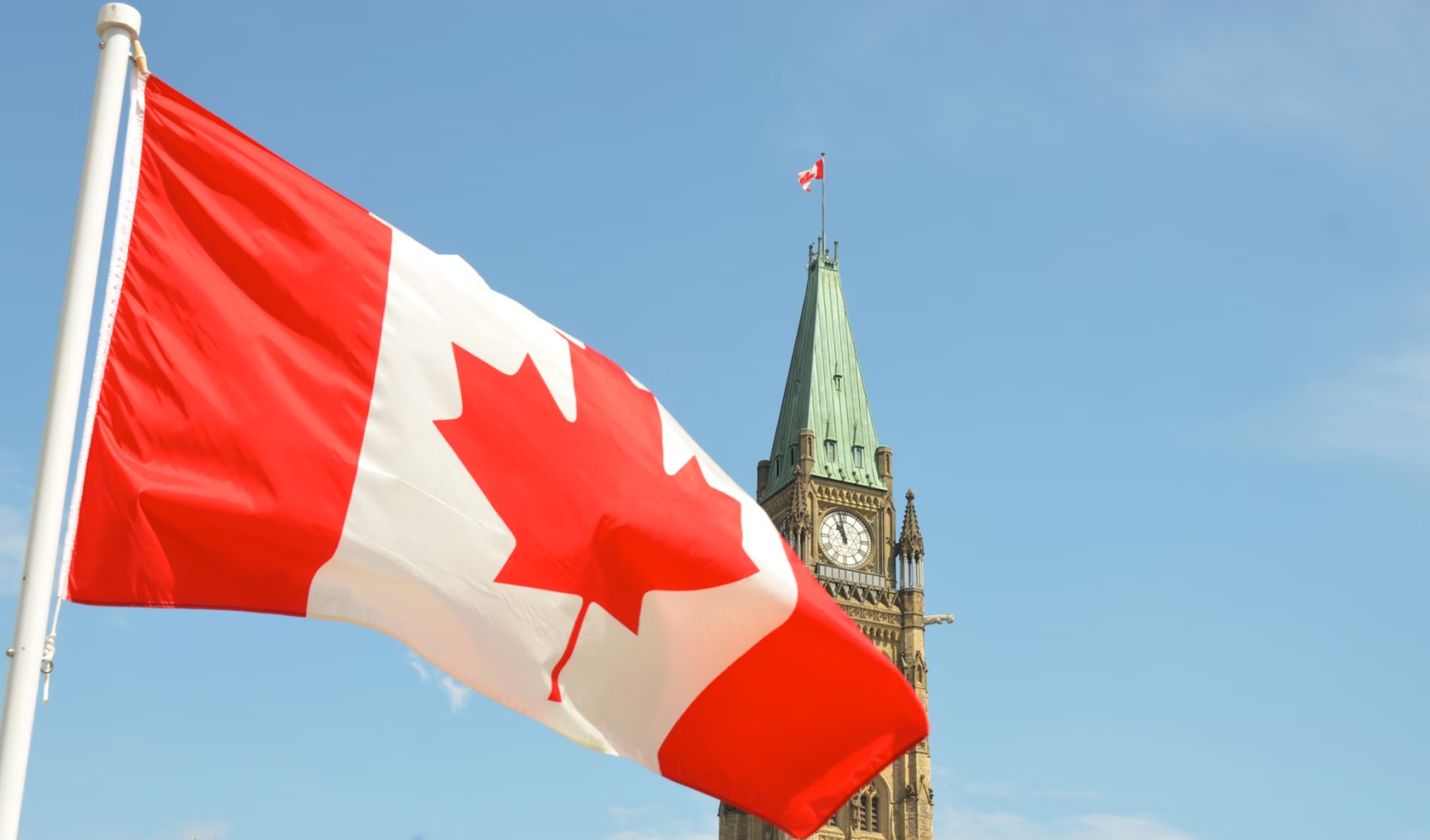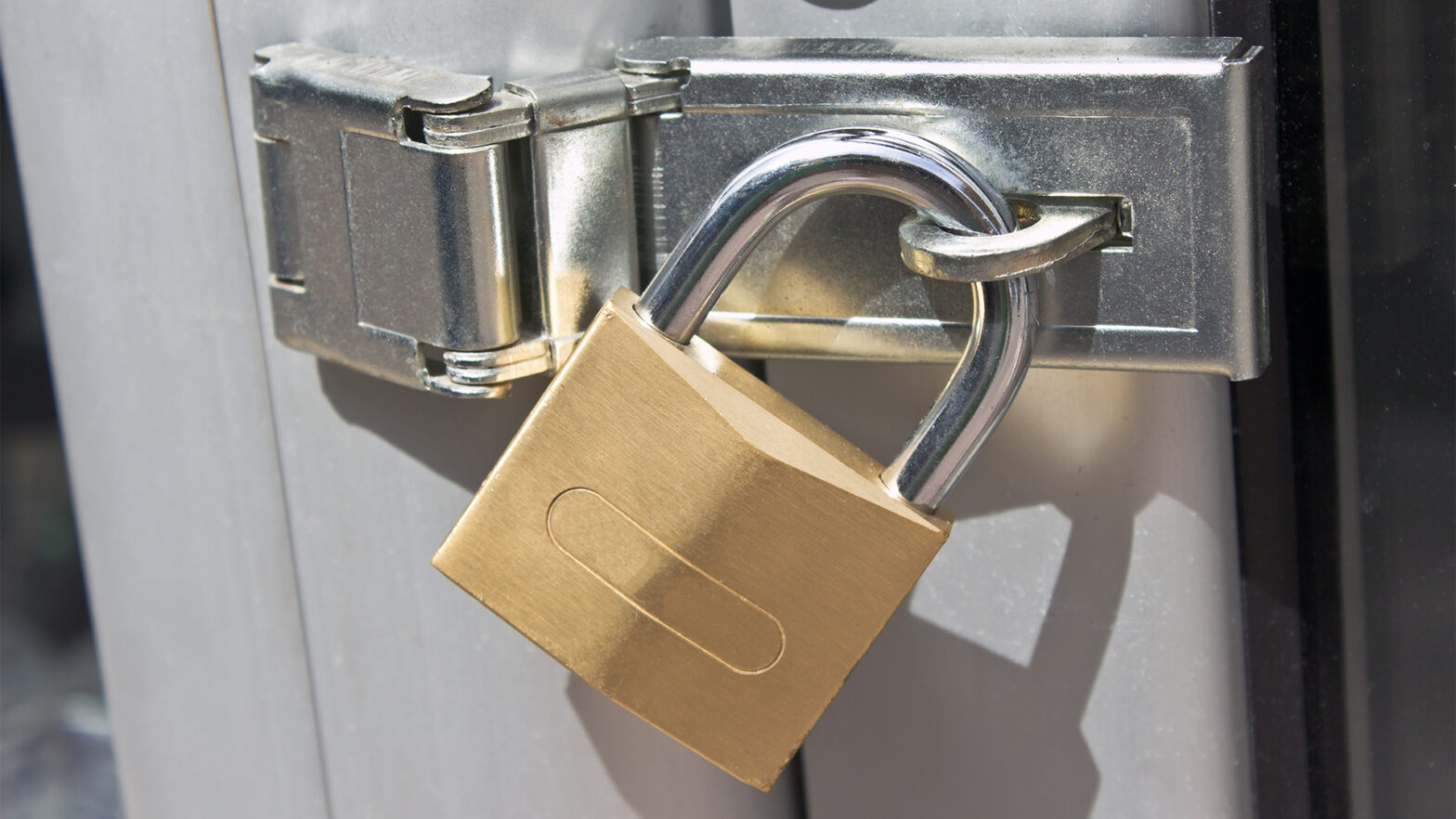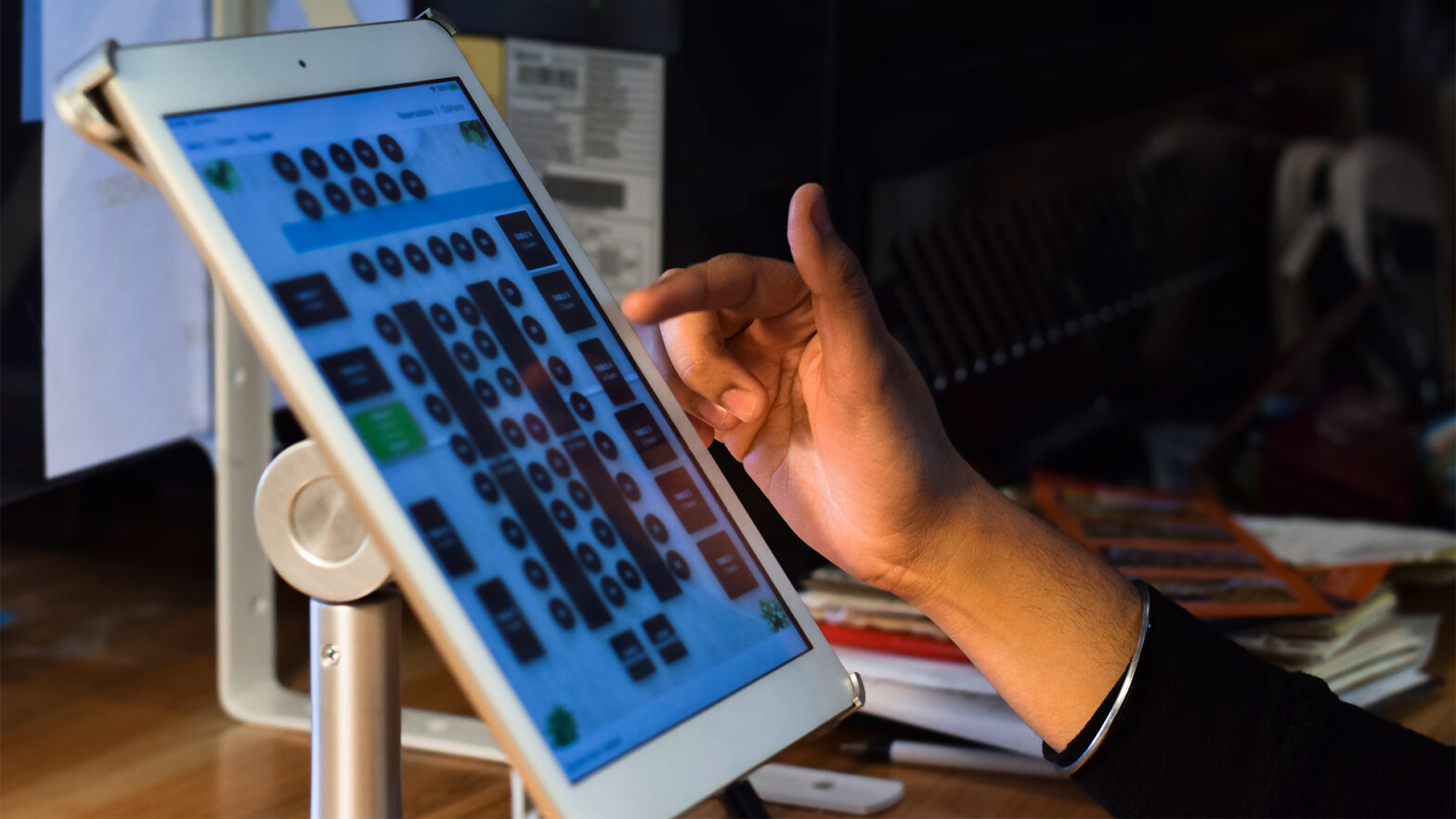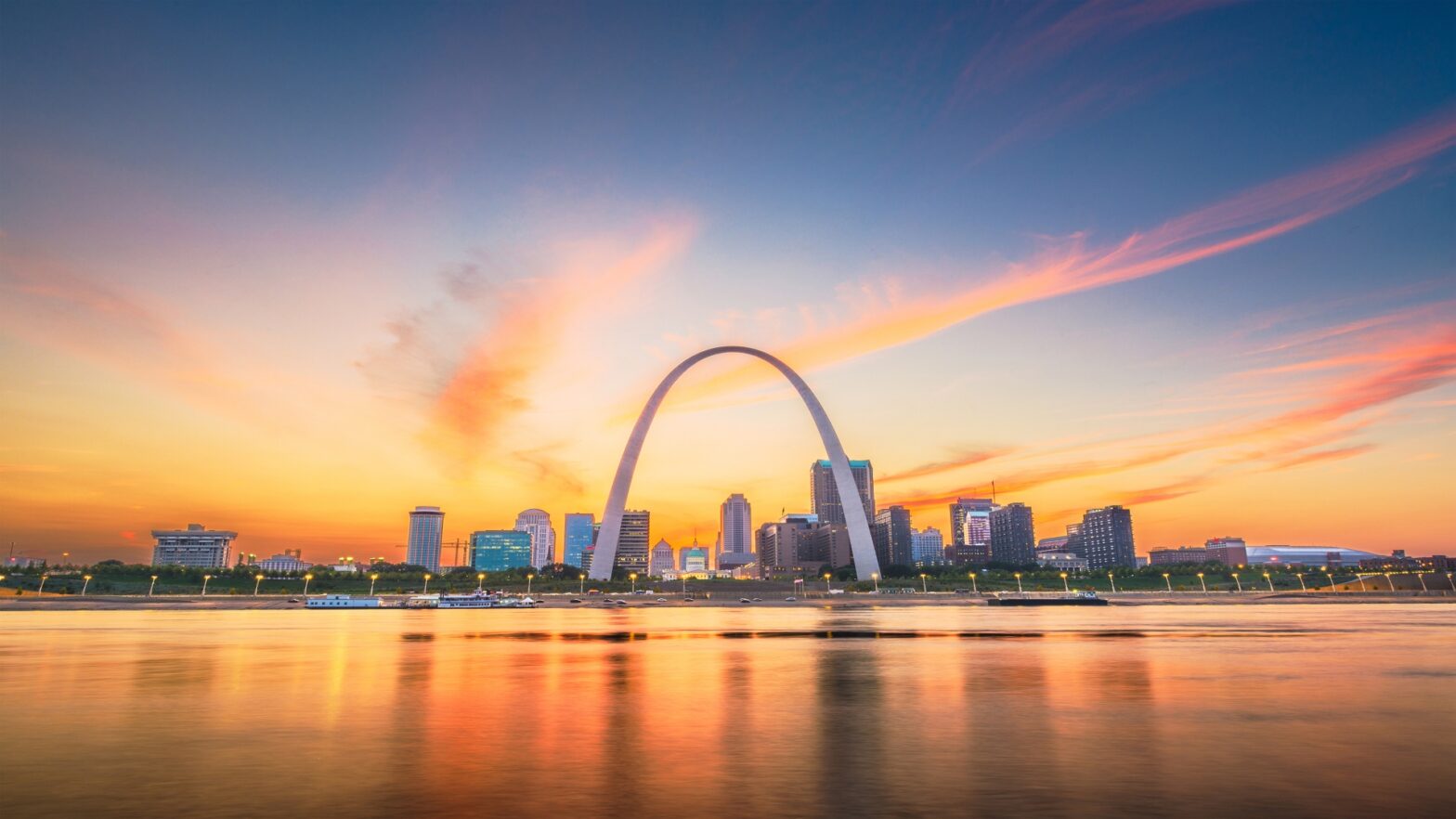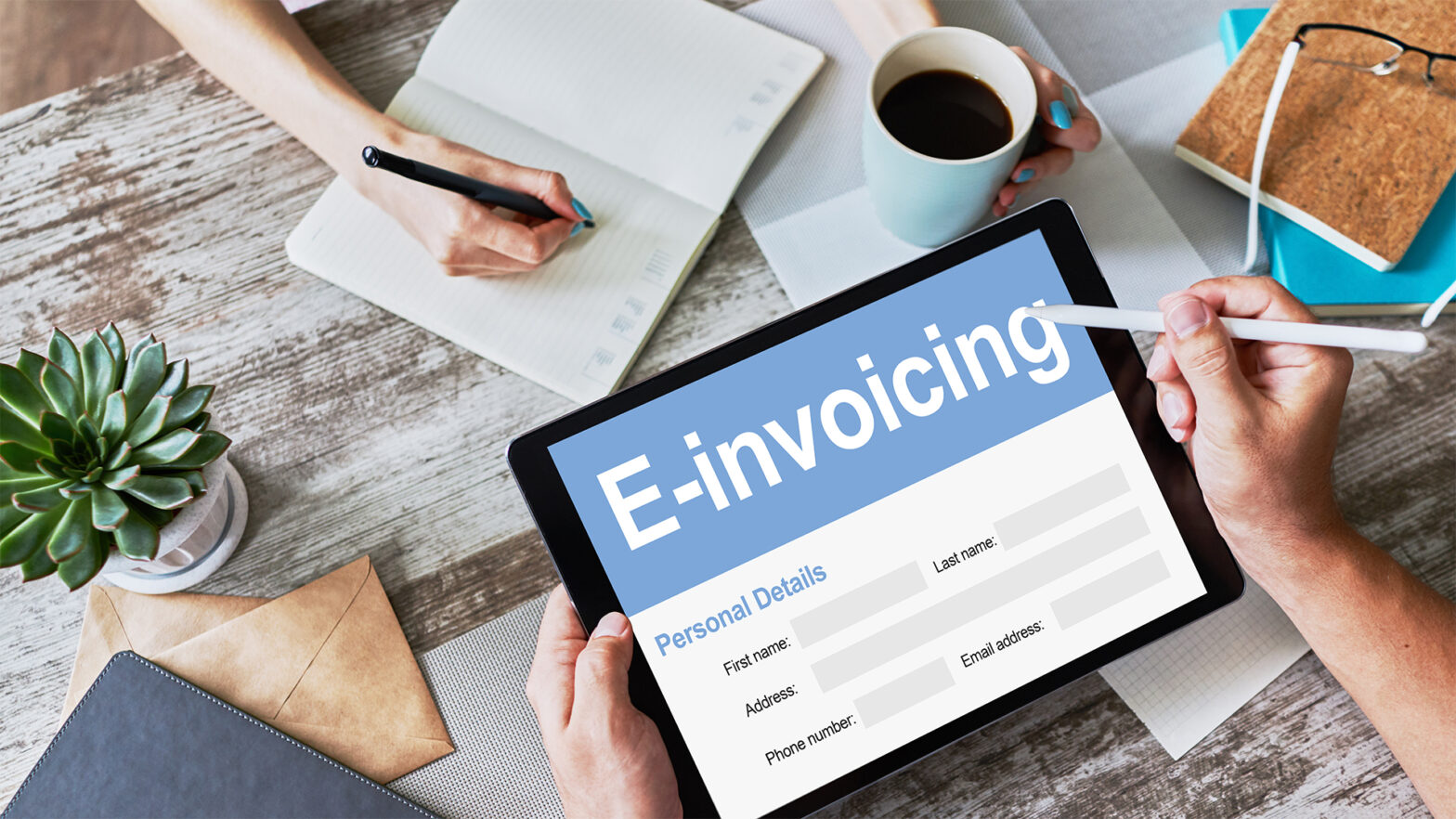
Many policymakers and business owners were prompted by Monday’s outage to reflect on how important Facebook was to small businesses and what risks they face in relying so heavily upon one platform to support their livelihoods.
J.D. Holland, a small-business owner, was forced to take his business offline Monday for six hours. Holland printed 250 flyers in a rush to distribute around Burnsville, Mississippi. He also considered purchasing an ad on the two-page local paper to maintain business at his nutrition club and farm store.
Holland spoke of the advertising and social media giant, saying “They have my whole life.” His company relied on Facebook Live videos and posts from his business page to generate sales for his nutrition club since the outbreak of the coronavirus pandemic. His business was shut down completely because he had no access to the site.
Holland stated Monday’s outage caused losses of $300-400 in Facebook-driven sales. Holland responded more strongly by saying “This is a serious threat.” “What if it actually went down?”
Holland’s company is one of 3 million that advertises on Facebook worldwide and was affected by Monday’s shut down. Facebook apologized late Monday, claiming that the problem was caused by “faulty” configuration modifications. Many small-business owners have been forced to think about the risk of relying so heavily on one platform to support their livelihoods.
Holland stated that the experience made him think about what he should do as an advertiser in case of a downturn. Facebook issued a statement Monday apologizing to the business community and stating that advertisers were not charged for ads during the outage.
The statement stated that “We are aware of the effects outages like this have on the millions of businesses who use our services to reach and find customers. We apologize to everyone affected and are working to find out more about the events of today to improve our infrastructure.”
Zahid Buttar, who stated that he spends approximately $1,000 per month on Facebook ads to promote his online vitamin shop in Mooresville in North Carolina, claimed that he has lost between $5,000 and $6,000 in sales. He is now considering removing all his Facebook ads and opting to use email and text messaging instead.
“What should we do?” He asked and added, “It’s like bait and switch. It’s almost like you put the hook in our cheeks and we have some semblance of a business, and then boom, it went down.”
According to eMarketer (an online marketing research company), Facebook is the country’s second-largest internet advertiser. Google is the leader, accounting for 29 percent of the U.S. digital advertising market. Amazon follows at 25 percent and Amazon at 11 percent. Facebook reported in July that its second quarter profit had soared 101 percent to $10 billion. This was due to a 56 percent increase of advertising revenue over the previous year. In April, David Wehner, Chief Financial Officer, stated that much of the growth was due to higher prices for ads and strong ad purchase by small and medium-sized businesses.
Sheryl Sandberg, Chief Operating Officer, stated in April’s earnings call that “our goals going forward are that we desire to continue to be the very best place for advertising.”
The public scrutiny of Facebook’s influence on the country’s daily political, economic and social lives continues to grow. Frances Haugen, a whistleblower and former employee of Facebook, testified Tuesday morning before the Senate Commerce subcommittee for consumer protection , that Facebook’s products “harm children, stoke discord, weaken our democracy, and many other things.”
The company is contesting a second antitrust lawsuit filed by the Federal Trade Commission. This alleges that it used anticompetitive acquisitions like Instagram and WhatsApp to increase its market dominance and block rivals from accessing its application programming interface.
Nidhi Shegde, strategy director at the American Economic Liberties Project (an anti-monopoly policy research organization), stated that “Yesterday really demonstrated to small businesses and us all how much control Facebook has over an online communication platform. The lesson is that a monopoly shouldn’t be in control of such critical information infrastructure.”
Mailing software, texting, and traditional flyers are all options for businesses, as was the case during the outage. Hegde stated that online advertising is the best medium to advertise because most people shop online and interact with others.
She said, “It’s natural that you want to diversify your channels of reaching customers. But, if you only have two options for advertising online, then that’s not an option.”
Michael Roth, the managing partner of Next Street’s small business advisory firm, stated that the upside of such a large-scale small-business meltdown was the chance for Facebook and lawmakers to consider how to reach business owners. During the pandemic, the company launched several initiatives aimed at small business owners, such as a free Facebook Business Suite platform, and the $40 million that Facebook has committed to Black-owned small-business grants. There are also several tutorials online about marketing, branding, and customer acquisition.
Roth stated that Facebook is clearly an important piece of infrastructure that supports small business. This outage is a clear indication that Facebook and other platforms such as Instagram have as much reach as any other platform or have more reach for small businesses than any other.
Independent business owners such as Sam Gibbs, his wife Ashley, from Indianapolis, can feel the pinch of losing sales every day. They support their small family entirely from the profits they make selling accessories online through their Facebook shop.
Sam Gibbs stated, “I understand that people may joke about Facebook being gone, but that is not how we view it. We rely on it for our livelihood.”

